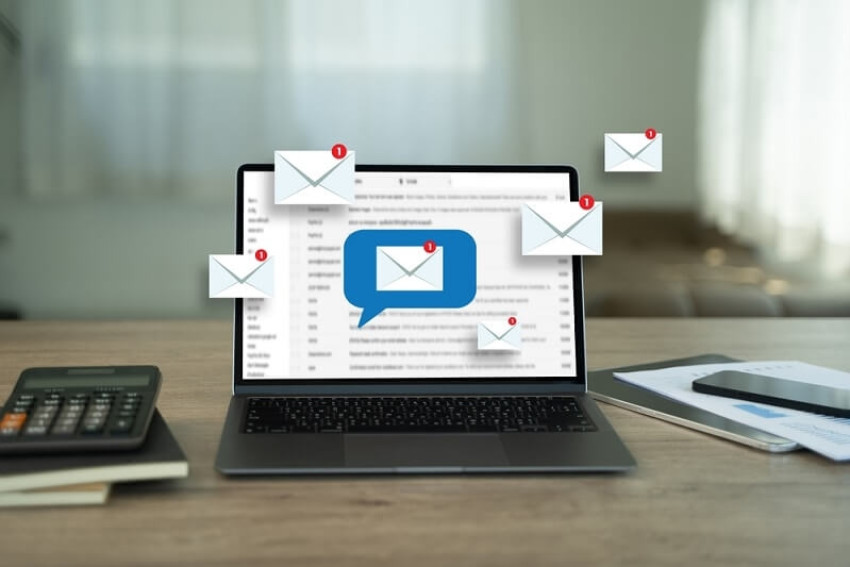Email Etiquette for International Business

One of the foundations of the modern business world is communication by email. However, the customs and value of exchanging emails does vary by country, and knowing how this works according to the country you're doing business with can save you both money and influence.
In some cultures, the typical office email is addressed and written in the style of a formal letter, with all the appropriate titles and courtesies. But in other cultures, the style is much less formal and more friendly, with all the brevity and grace of a text message.
For instance, emails in Europe tend to be more formal and to the point, but in Africa and South America, it's expected that your emails include personal notes to one another, because fostering a relationship is more important than quick communication.
To put yourself in a global perspective when it comes to writing emails, here's a short guide on how to communicative effectively.
1. Get straight to the point at the beginning.
Regardless of which culture you're dealing with, it's always a good idea to get to the point of your email at the very beginning. Then, if you happen to be dealing with a culture that emphasizes personal connections, you can add a paragraph afterward to address that side of your relationship with the recipient.
2. Be familiar with titles.
In Japan, you should always keep in mind the appropriate honorific like "san." The same can also be said in Germany, where men are addressed with "Herr" and women with "Frau"or "Fraulein." In most other countries, using "Mr." or "Mrs." will suffice.
3. Keep different time zones in mind.

It might be the early morning for you, but it could be late at night for your business partners in India or Singapore. You should learn to expect that your emails might not be answered until the following day. If you want to be courteous about the time difference, you can add details for when you would like to receive your reply from your international partner.
4. Go with the most common form of messaging.
Most places where you do business will still use PCs and be able to handle longer emails. But in some regions, like Africa, you'll find that mobile phones are the standard form of communication for entrepreneurs. In that case, you'll want to keep your messages short and simple.
5. Keep it simple.
When dealing with someone who speaks your native tongue as a second language, you should keep your sentences simple and avoid any jargon or colloquialisms. Your message should be easy to understand regardless of which culture it's viewed in.
6. Use email as the starting point for better communication.
Emails are very effective at opening communication and discussion with business partners abroad, but they can still be misinterpreted. To get the most out of your international relations, use email as a means to setting up a more extensive dialogue through video chats or a face-to-face meeting.
Conclusion
However there is cultural difference around the globe, but adhering to international email etiquette is crucial for effective and respectful communication in a globalized world.
This content was created by AI




